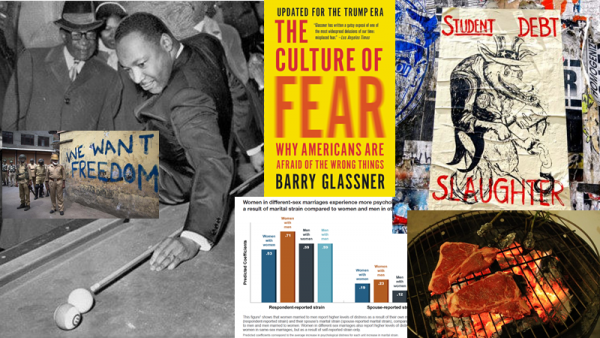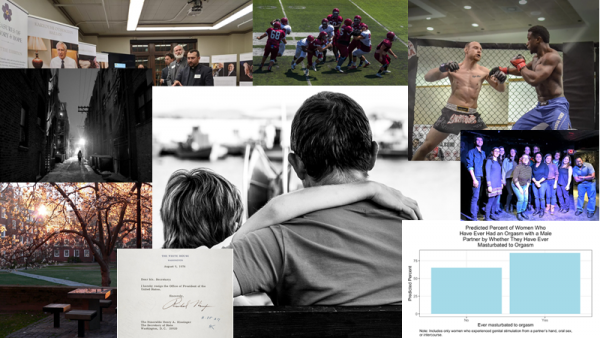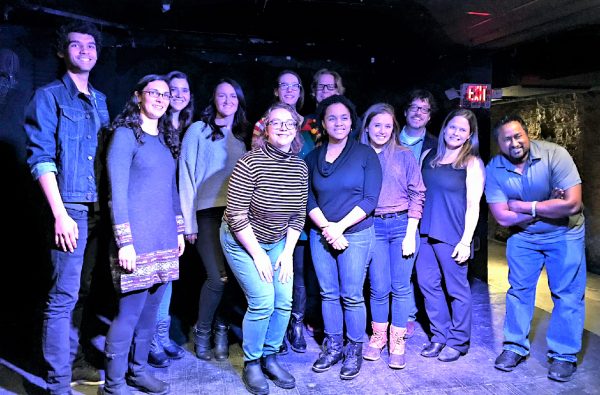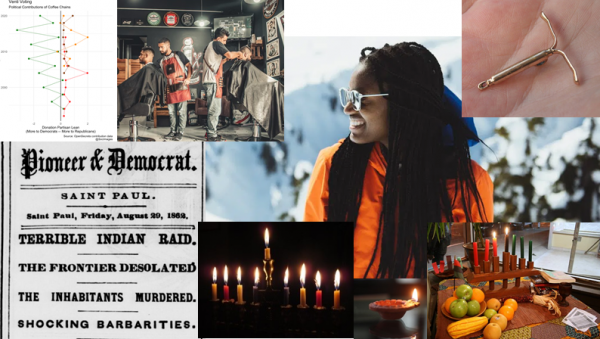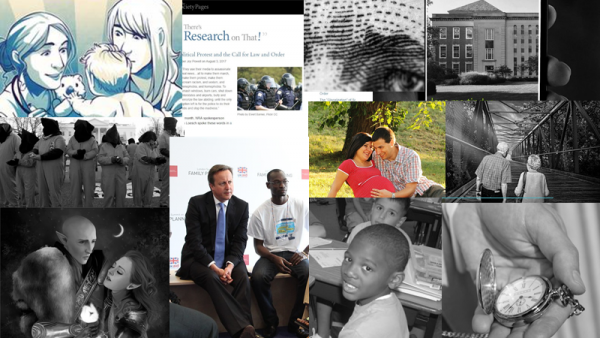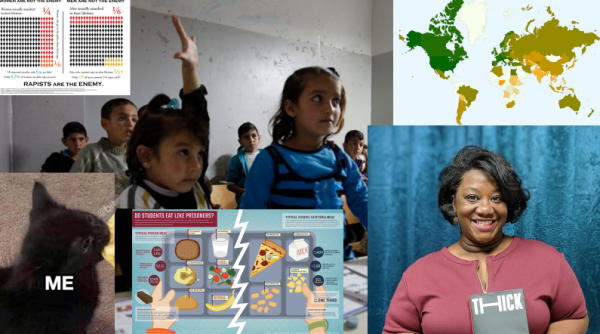
Happy Friday! This week, we bring you research on the sexual socialization of boys and racial inequalities among newly hired coaches in college athletics. We also feature a new teaching resource for assessing students’ critical thinking about racial narratives.
There’s Research on That:
“Boys, Masculinity, and Sexual Expectations” by Allison Nobles. We round up research on how boys and young men understand the relationship between beliefs about “being a man,” peer pressure, and sex.
Discoveries:
“Race and Organizational Pathways in College Coaching” by Jean Marie Maier. To shed light on racial inequalities in the NCAA, new research examines who is likely to fill vacant coaching positions in Division I basketball.
Teaching TSP:
“Assessing Popular Narratives on Race: A Final Project for ‘Race and Racism in the U.S.’” by Monica Jarvi. Check out this great resource for implementing a final project focused on racial narratives in your Race and Racism course!
From Our Partners:
Contexts:
“Will a NFL Player Take a Knee at the Super Bowl?” by Simón E. Weffer, Rodrigo Dominguez-Martinez, and Raymond Jenkins.
Council on Contemporary Families:
“National Spouses Day Was Last Week…. Feeling Any Pressure? A Fact Sheet on Prospects for Marriage in Contemporary America” by Daniel L. Carlson and Stephanie Coontz.
Sociological Images:
“The “New” Gender-Neutral Doll” by Martha McCaughey.
From Our Community Pages:
- The Center for Holocaust and Genocide Studies ponders the role of pronunciation in marking nationality and creating symbolic borders between people.
TSP Classics:
Just in time for the Iowa primary debacle, we bring you The (Retrospective) Charm of an Iowa Caucus,” a TSP Classic from Cyborgology and a now-ironic homage to the past simplicity of its technology.


